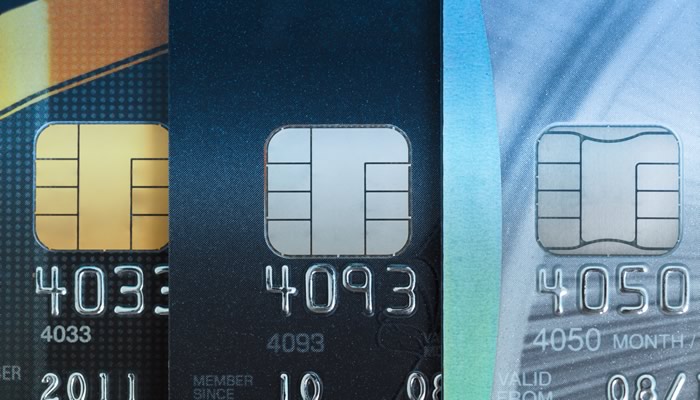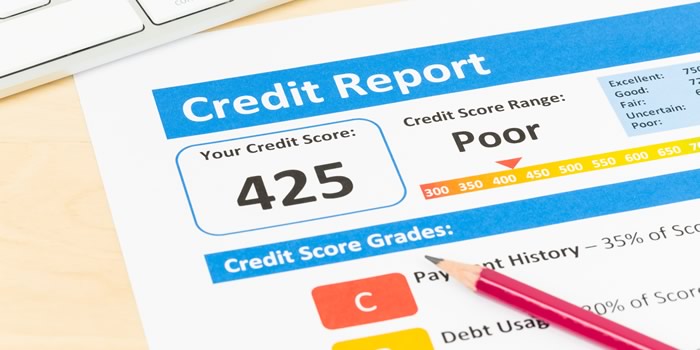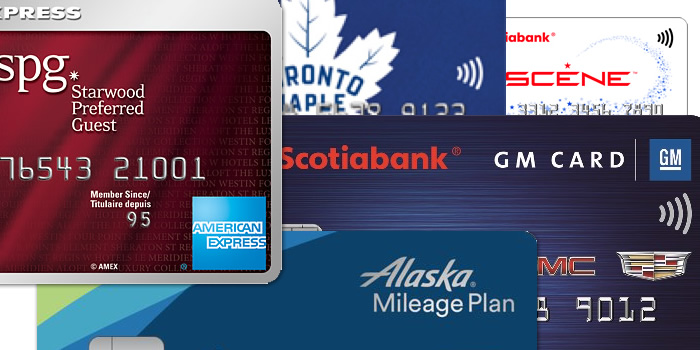Is it Time to Upgrade Your Credit Card?
Posted August 17, 2016 - updated August 29, 2016 in Credit Card Tips
We all live busy lives. Between going to work, hitting the gym and finding time at the end of the night to watch the summer Olympics, your credit card is probably the last thing on your mind. It’s easy to overlook your credit card and take it for granted, but by doing that, you’re making a big mistake.
Life is constantly changing. Situations and circumstances change. Your credit card needs may change based on life events, such as getting hitched, buying your first home and having your first child. Life isn’t the only thing to change – so does your credit card. Credit card terms and conditions change over time. Just because your credit card and you were a good fit when you first signed up, doesn’t mean that’s still the case.
Credit Cards Can Work For or Against You
Credit cards are a powerful financial tool when used responsibly, but can create havoc with your finances when used irresponsibly. Credit cards make it easy to make impulse purchases and live beyond your means. Don’t fall for this trap – treat your credit card like cash.
Let’s start with some of the positives of credit cards:
- Choose a credit card with rewards that you’ll actually use. For example, if you don’t travel, you’re probably better off with a plain-vanilla cash back credit card.
- Credit card companies often offer promotions when signing up – so take advantage of sign-up bonuses!
- If you’re carrying a balance, utilize low or zero interest rate balance transfers to save on interest payments
Some of the negatives of credit cards include:
- Carrying monthly balances and paying exorbitant interest rates
- Spending more than you can afford
- Missing or making late payments which can incur interest charges or even hurt your credit score
- Unrewarding rewards – it’s important to choose your credit card and rewards wisely.
Knowing When to Upgrade
Knowing when to upgrade your credit card isn’t always easy. Assess your credit card whenever your spending habits and life situation changes. Every few months, look inside your wallet at the credit cards you’re carrying. If you’re paying an annual fee for a credit card you barely use, is it really worth it anymore? Likewise, would a cash back card be better than a low rate card? (Or vise-versa depending on the situation.)
Take the time to shop around. Don’t just sign up for the first credit card kiosk you come across at the mall. Do offers pique your interest? Ask questions and read the fine print to make sure you’re a credit card match made in heaven.
Don’t Apply For the Wrong Reasons
Don’t feel the urge to ditch your current credit card just for the sake of change. If it works for you, then it probably makes sense to hang on. While it may make sense to have two credit cards (one as your primary credit card and one for backup), having three or more credit cards could mean you’re tempted to overspend. With the typical credit card interest rate starting at 18 percent, it can end up costing you thousands of dollars in interest and negatively impact your credit score if you end up using more than 35 percent of your available credit.
The Bottom Line
Your credit card isn’t set in stone. Schedule some time every few months to review the credit cards in your wallet. Ask yourself if you’re getting a good bang for your buck. Ideally you should be taking advantage of all the positives of credit cards and minimizing the negatives. This goes a long way in maintaining a good credit score, which will come in handy when you’re ready to make a major purchase like a home or car.




